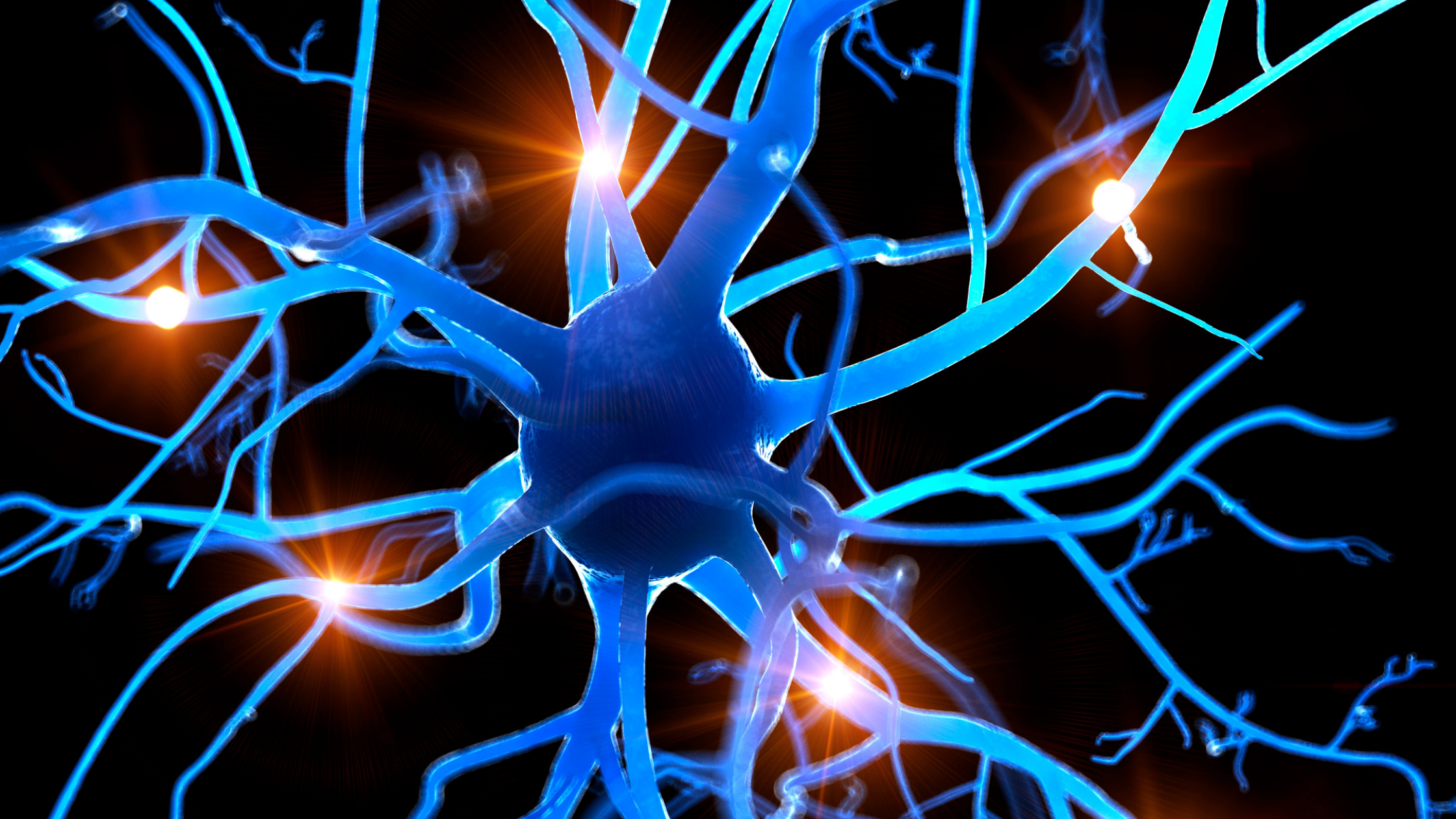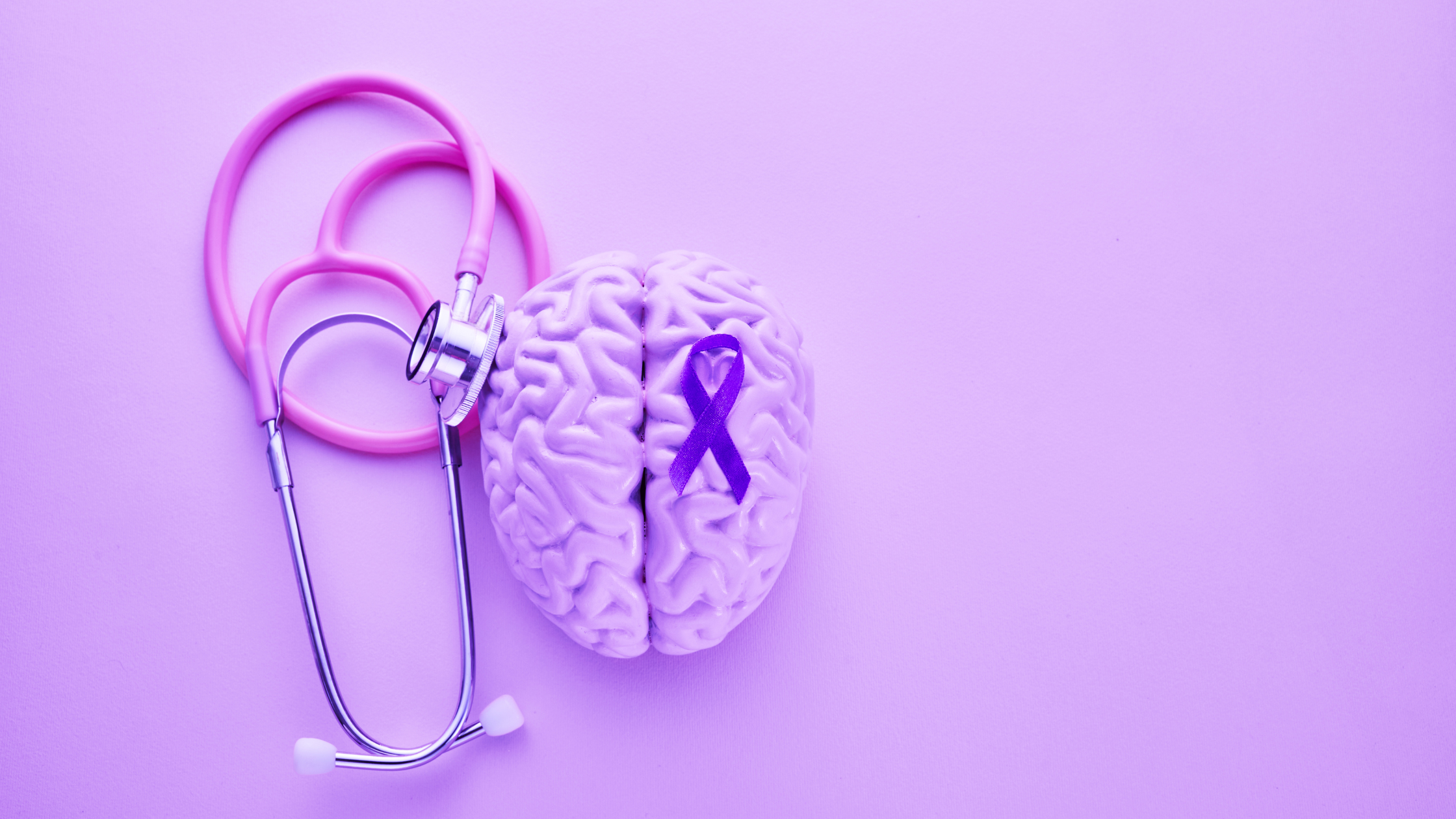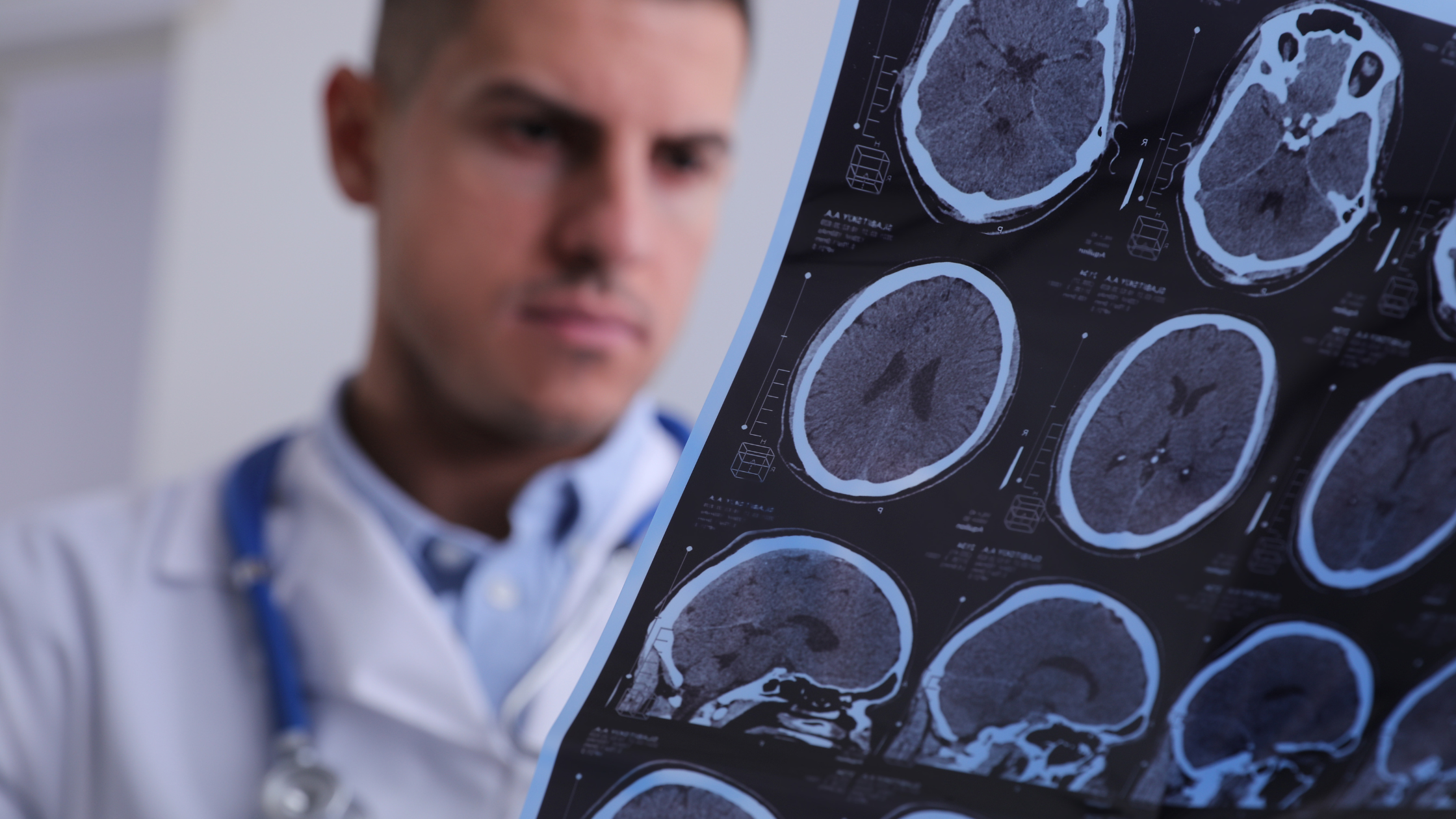Exploring the Potential: Medical Cannabis and Neurological Disorders
Medical Cannabis: A New Hope for Neurological Disorders?
A neurological disorder is a broad term used to describe any abnormality or dysfunction in the nervous system, which includes the brain, spinal cord, and peripheral nerves. These disorders can result from various causes, such as genetics, infections, injuries, or degenerative processes.
Neurological disorders can manifest in a wide range of symptoms and can affect an individual’s ability to move, think, speak, or perform other essential functions. These conditions encompass a vast spectrum, including neurodegenerative diseases like Alzheimer’s and Parkinson’s, seizure disorders like epilepsy, movement disorders such as Multiple Sclerosis, Neuropathic Pain, and many other neurological disorders.
Medical Cannabis and Neurological Disorders: A New Path for Treatment?
The diagnosis and management of neurological disorders often involve medical specialists such as neurologists and can require a combination of therapies, medications, and lifestyle adjustments to improve the patient’s quality of life. For some, however, they are turning to medical cannabis as a means to manage the symptoms of their neurological disorder.
A 2023 study from Greece has revealed some of the benefits experienced by medical cannabis patients with neurological disorders. The findings showed that 58% of respondents acknowledged medical cannabis as an effective treatment for their condition. Among this group, 96% reported a decrease in their symptoms due to usage. Additionally, 88% noted an improvement in their professional capabilities, underlining the potential of medical cannabis to positively affect job performance. Sleep quality was boosted for 79% of respondents, while 71% reported an enhanced appetite. 68% felt it increased their energy and vitality.

What is the research saying about the different neurological disorders that affect too many people across this country? In this article, we will provide a brief summary of what some of the research is saying about cannabis and specific neurological disorders, including Epilepsy, Alzheimer’s Disease, Multiple Sclerosis, Parkinson’s Disease, and Neuropathic Pain.
If you are someone you love are living with a neurological disorder and are considering exploring the therapeutic benefits of cannabis, reach out to Compassionate Clinics of America to discuss with one of our qualified and compassionate doctors whether getting a medical cannabis card is right for you.
Epilepsy Patients: Finding Hope in Medical Marijuana & CBD
Epilepsy is one of the neurological disorders that have been studied more than other conditions in relation to medical marijuana, with two synthetic cannabinoids Marinol and Epidiolex being developed for treatment resistant epilepsy to help those with seizures who do not have access to medicinal cannabis.
Specifically, the compound cannabidiol aka. CBD, the cannabinoid that does not produce psychoactive effects, is being researched for its potential to help with seizures related to conditions like epilepsy, Dravet Syndrome, and Lennox Gastaut Syndrome.
One study examined 272 epileptic patients using artisanal (non-FDA approved) cannabis products. Of the participants, 86% reported some degree of seizure reduction through cannabis, with 28% experiencing a 76-99% reduction in seizure frequency and 10% experiencing no seizures at all. The study concluded that medical cannabis for epilepsy would have more effectiveness with a combination of different terpenes and cannabinoids that target the cannabinoid receptors rather than just having concentrations of cannabidiol (CBD).

A 2023 study revealed some interesting evidence that CBD could prevent seizures from happening by blocking certain processes in the brain that cause seizures. The study investigated how seizures happen in the brain. Neurons, the brain’s building blocks, communicate through electrical pulses. These pulses release chemicals called neurotransmitters, which either excite or inhibit the next neuron. A balance between these actions is crucial; too much excitation (neuronal excitability) can lead to seizures. The study showed that CBD can block this process and reduce seizure frequency.
Other cannabinoids like THC, CBDV, CBC, and THCV are also under study for epilepsy and drug-resistant seizures. Some lesser-known compounds like CBG and the terpene linalool (also found in lavender among other plants) are being explored for their seizure-fighting properties. Both CBC and CBG have been revealed to be neuroprotective cannabinoids.
Alzheimer’s Disease and the Endocannabinoid System
The relationship between cannabis and Alzheimer’s Disease is an interesting one, because the disease is believed to be closely linked to the endocannabinoid system (ECS).
Endogenous cannabinoids, or those that already exist within the body’s endocannabinoid system, such as anandamide, are believed to have been disrupted in those with Alzheimer’s Disease. These endogenous cannabinoids are central to bringing balance to bodily systems; it’s suggested that therapy involving medicinal cannabis may help bring the endocannabinoid system back into balance, reducing some of the symptoms of this difficult neurological disorder. Cannabinoid receptors, specifically the CB1 cannabinoid receptor have a role in learning and memory, and it’s been observed that there is a decrease in CB1 receptors within the Alzheimer’s brain.

Medical cannabis may also help slow the progression of Alzheimer’s Disease. A 2006 study evaluated the role of delta-9 tetrahydrocannabinol (THC) in managing Alzheimer’s Disease and produced extremely promising results. The authors found that THC competitively inhibits the acetylcholinesterase (AChE) enzyme and it also prevents aChE-induced amyloid beta-peptide aggregation, which is the key indicator of Alzheimer’s Disease. This was supported by a 2014 study that evaluated the role of THC in slowing or stopping Alzheimer’s Disease progression that found that THC was effective at lowering amyloid beta-peptide aggregation with low doses of THC.
There have not been any FDA-approved drugs containing synthetic cannabinoids developed for Alzheimer’s Disease. However, one study suggests that both plant-based and synthetic cannabinoids (Nabilone and Dronabinol specifically) may play a role in reducing agitation and aggression often experienced by Alzheimer’s Disease patients.
A 2020 animal study looked at the potential of medical cannabis for reducing neuroinflammation, improving cognitive function, and modulating neurogenesis.
It’s important for us to note that the issue of medical cannabis for the treatment of Alzheimer’s Disease has been one that has been in debate for a long time; most organizations supporting those with Alzheimer’s will not take an official stance on whether it can potentially help, and are calling for more research.
Multiple Sclerosis and the Common Use of Medical Cannabis
Multiple Sclerosis, or MS, affects the central nervous system and the brain’s ability to effectively communicate via signals to the rest of the body. Symptoms of those living with MS include speech and vision problems, chronic pain, and troubles with balance, coordination, and mobility.
While research on medical cannabis and Multiple Sclerosis is limited but increasing, medical cannabis use among MS patients is quite common. In 2016, an anonymous web-based survey was hosted on the Michael J. Fox Foundation and the National Multiple Sclerosis Society webpages to understand the current treatments for PD (Parkinson’s Disease) and MS and their effects on neurological function, fatigue, balance, and physical activity participation. 595 participants participated, of which 24% lived with MS. 44% were regular cannabis users. This group reported a high efficacy of cannabis (6.4 on a scale from 0 to 7), specifically in mood, memory, and fatigue, while 59% reported reducing prescription medication since beginning cannabis use.

It is important to note that the National Multiple Sclerosis Society has taken the following official position on medical cannabis: “The Society supports the rights of individuals living with MS to collaborate with their healthcare providers in determining if medical cannabis is an appropriate treatment option, in compliance with state laws.”
The Society’s official position is based on a summary of evidence that suggests that the synthetic drug Sativex oral spray (GW Pharmaceuticals) is probably effective for improving patient-reported symptoms of spasticity, pain, and urinary frequency, and that synthetic THC is effective for reducing patient-reported symptoms of spasticity and pain. They note that the evidence regarding smoked cannabis as opposed to using synthetic drugs is limited.
Parkinson’s Disease: Some Evidence, But More Needed
The research base that includes both animal and human studies is still developing on medical cannabis and Parkinson’s Disease, and it is often not recommended as a first-line of treatment for this progressive neurological disorder that affects movement and can lead to symptoms like tremors, stiffness, and difficulty with balance and coordination.
Studies involving medical marijuana have shown the potential to help people with Parkinson’s disease by improving both movement and non-movement symptoms. In one study with 85 patients, about half of them felt better when they used cannabis alongside their regular medicines, especially for problems like slow movement and muscle stiffness. Some also found relief from shaking and twitching.

Animal studies are suggesting that THC, a cannabinoid in cannabis, can even help with coordination. We would need to see more human trials to fully support this conclusion.
Other studies show that medical cannabis use may help people with Parkinson’s Disease see a significant improvement in sleep, chronic pain, mood, and psychological symptoms, potentially improving life quality. Some research is suggesting that it may also slow down the disease’s progress, however, most research studies will say that more studies are needed to fully support this conclusion.
Neuropathic Pain: Providing Hope and Quality of Life
Neuropathic pain is a type of chronic pain that arises from damage or dysfunction in the nervous system, leading to abnormal pain sensations such as burning, tingling, or shooting pain. It can be caused by conditions like diabetes, nerve injuries, or certain diseases.
Neuropathic pain is often difficult to treat with pharmaceutical products, which is why many people with this neurological disorder are turning to medical cannabis. There is a strong body of evidence regarding the use of medical cannabis for chronic pain and other pain disorders like neuropathic pain.

A 2013 randomized, double-blind, placebo-controlled, crossover study treated 39 patients with neuropathic pain with vaporized medical cannabis. Patients were given either a medium-dose, low dose, or placebo. It was observed that the group who received vaporized cannabis as opposed to the placebo experienced a 30% decrease in neuropathic pain and pain symptoms, suggesting that even cannabis vaporized at low doses is effective for managing neuropathic pain.
A systematic review of studies that had been done on medical cannabis for neuropathic pain was done in 2021, aiming to determine whether research supported the effectiveness of the cannabis plant for reducing neuropathic pain. The analysis concluded that medical cannabis can indeed effectively alleviate certain symptoms of neuropathic pain, such as reducing pain intensity and muscle stiffness with very few adverse events or negative side effects reported.
Explore Medical Cannabis for the Treatment of Neurological Disorders
As we have demonstrated, there are several studies that suggest that medical cannabis may be effective at treating the symptoms of certain neurological disorders such as Alzheimer’s and Parkinson’s, seizure disorders like epilepsy, movement disorders such as Multiple Sclerosis, and many other neurological disorders.
These are very complicated medical issues that will need serious consideration before a patient is provided with a medical cannabis certification to get their medical cannabis card. At Compassionate Clinics of America, we understand that neurological disorders are quite difficult to treat, and will ensure we fully understand the patient’s diagnosis, symptoms, symptom frequency, and current modalities of treatment before making the decision to provide a medical cannabis certification.
If you or someone you are caring for is living with a neurological disorder and is considering the use of medical cannabis, please reach out to Compassionate Clinics of America to talk to one of our compassionate, caring, and highly-qualified doctors about whether medical cannabis is the right path of treatment to improve symptoms and overall quality of life.
























